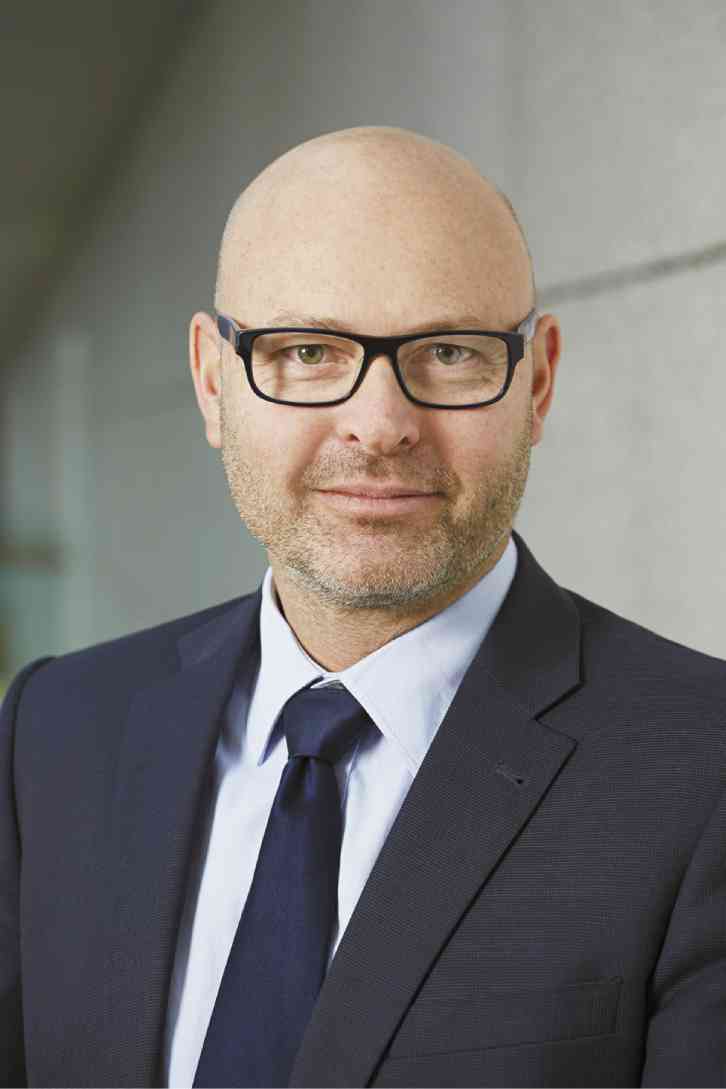Asian countries urged to plan for sustainable urbanization

URBAN PLANNING FOR SUSTAINABILITY Demand for vital resources of energy, water and food is already expected to rise between 40 to 50 percent by 2030 because of rapid urbanization.
With the rapid pace of urbanization across the globe, the vital resources of energy, water and food are coming under great pressure.
Demand for these resources is already expected to rise between 40 and 50 percent by 2030.
Asia is the fastest-growing region in the world, with a billion people added to its cities from 1980 to 2010.
Urbanization drives Asia’s position as an economic powerhouse, but for this growth to be sustainable, careful planning is being urged to create more resilient cities that are not only resource-efficient, but also promote quality of life.
“Urbanization will be one of the most significant dynamics affecting the future, presenting both opportunities and risks,” says Glynn Ellis, PhD, of Shell Scenarios group, which spearheads the company’s practice of exploring plausible alternative visions of the future to help test and strengthen its current business decisions.
Article continues after this advertisementWith experience in scenario-building for more than 40 years, Shell recently published the “New Lenses on Future Cities” report. It is the latest in a range of new analytical tools—so-called “lenses”—to help better understand the urbanizing world and to support city planning and development.
Article continues after this advertisement“We applied these lenses to different city types and created scenarios around how individual cities could evolve and how they might be more efficient,” explains Ellis.
“Significantly, however, we are not just undertaking desktop studies. The current focus of Shell’s Scenarios team is to engage directly with the cities themselves—including the city mayors, councils, federal authorities, nonprofit organizations and communities—to listen to and try to understand their vision for progress and the challenges that they may be facing to achieve that growth.”
A key message being shared is that growth cannot simply occur at all costs. Rather, cities must evolve to become more liveable. “Cities wish to develop in a sustainable way, resilient to the challenges and stresses they face, with integrated solutions across those sectors of society,” adds Ellis.
Shell recognizes that sustainable urbanization is critical for Asia, which is home to half of the world’s megacities.
According to Ellis, well-designed and managed cities can act as powerful engines for economic development and prosperity, and can help to nurture innovation and collaboration.
On the contrary, poor urban planning does not only put pressure on the essential resources of energy, water and food; it also affects quality of life, brings negative environmental impacts such as high greenhouse gas emissions, and can be the source of social and political strife.
Leading the conversation
In 2014, Shell led the Powering Progress Together (PPT)-Asia forum in Manila, the first multisectoral dialogue in the region to discuss the relevant themes of the energy-water-food stress nexus.
PPT is a global forum also being held in Europe and the Americas to engage thought leaders and action-makers from the public, private and civil society sectors.
This February, Shell continues the discussion with the second PPT Asia forum to be held once more in Manila. It will bring together experts on resilience and smart cities to inform and inspire some 300 delegates across the region, on the theme “Resilience in an Urbanizing World.”
British broadcast journalist Maryam Nemazee will moderate the forum.
Providing an overview on the state of resilience in Asia is Saya Snow Kitasei, head of resilience of international environmental advisory firm Xynteo; British Ambassador to the Philippines Asif Ahmad, who will discuss climate diplomacy; and Toni Loyzaga, executive director of the Manila Observatory, who will showcase science-based resiliency efforts that are feasible across societal sectors, from grassroots communities up to the Asean level.
Leading the panel that will present actual case studies of sustainable or “smart” cities are Ellis, along with urban planner architect Rajeev Kathpalia from India, and Holger Dalkmann, global director of sustainable transport organization Embarq.
The discussion on the private sector’s contribution to resilience will be led by Shell Philippines country chair Edgar Chua, Coca-Cola director for sustainability in Asean Stuart Hawkins and Hewlett-Packard vice president for public sector programs Suparno Banerjee.
The forum will end on a positive note with inspirational stories on innovative sustainability initiatives, such as the Liter of Light project spearheaded by social entrepreneur Illac Diaz, and efficient disaster relief management efforts in the Philippines in the wake of Supertyphoon “Yolanda” (international name: Haiyan), as related by American Red Cross situational awareness manager Luke Beckman.
“Each sector of society has an important contribution in creating more sustainable cities of the future. Through collaborative action, cities—homes to billions of people—can be the sustainable hubs we need them to be,” concludes Ellis.
